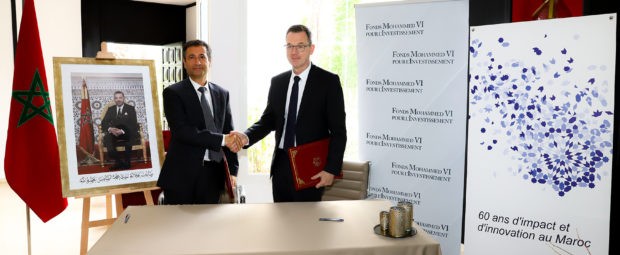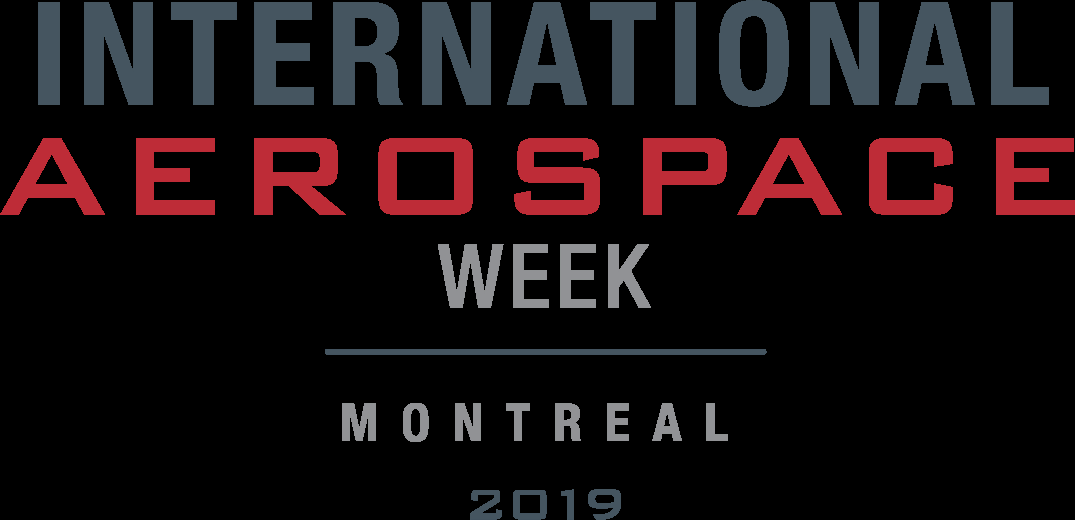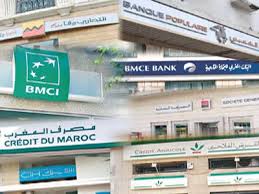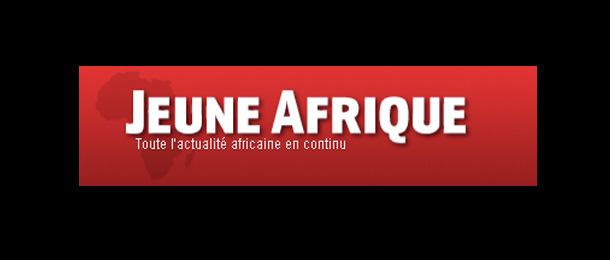Morocco’s Mohammed VI Investment Fund and the International Finance Corporation (IFC), a member of the World Bank Group, signed a partnership agreement on Tuesday to identify and finance sustainable infrastructure projects in the North African country.
The agreement aims to support high-impact infrastructure projects in strategic sectors such as renewable energy, water, transport and logistics, and to attract private capital and stimulate inclusive, sustainable growth, according to a joint statement.
The IFC will also help the Mohammed VI Investment Fund set up an Infrastructure by sharing best practices in the structuring, governance and financing of responsible infrastructure projects, the statement said.
“This partnership with IFC meets the goals of the Mohammed VI Investment Fund to attract leading national and international investors to its side, to contribute to future investment projects and leverage the equity invested,” said Mohamed Benchaaboun, Managing Director of the Fund.
He added that the partnership will also facilitate and improve the conditions for the design and execution of viable infrastructure projects in the form of public-private partnerships.
“We are working with the Government of Morocco to mobilize private investment in the infrastructure sector. This new partnership signed between the Mohammed VI Investment Fund and IFC is a key step towards developing and financing high-impact infrastructure projects in the Kingdom,” said Sérgio Pimenta, IFC’s Regional Vice President for Africa.
The Mohammed VI Investment Fund is one of the key pillars of the recovery plan announced by King Mohammed VI in July 2020. It has an initial capital of 15 billion dirhams ($1.6 billion) from the state budget, and aims to attract up to 30 billion dirhams in additional private capital, ultimately generating a total investment envelope of 120 to 150 billion dirhams.
Morocco is facing growing demand for infrastructure services as it seeks to boost its economic recovery and competitiveness after the Covid-19 pandemic as it also tries to bolster its industry and renewable energy production.



